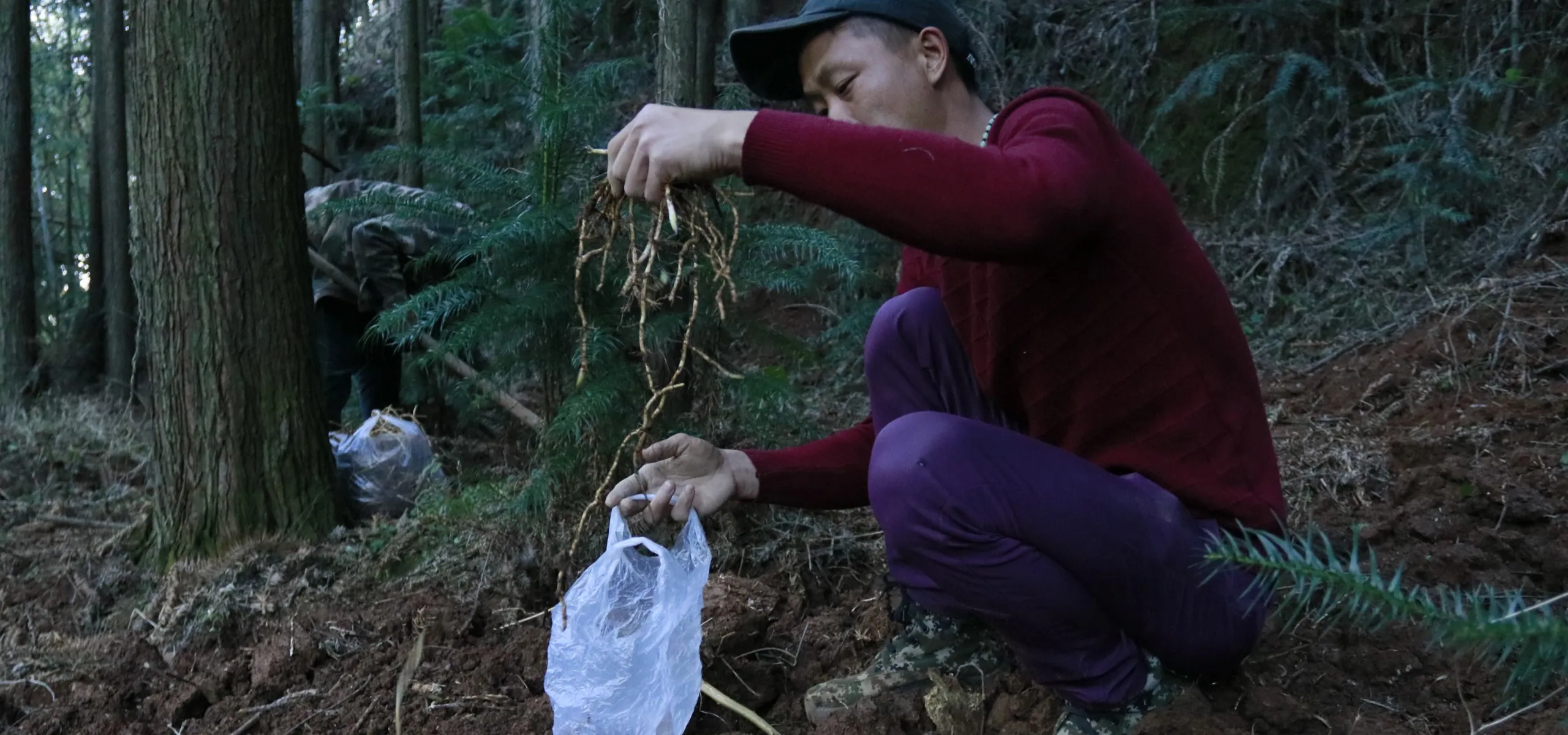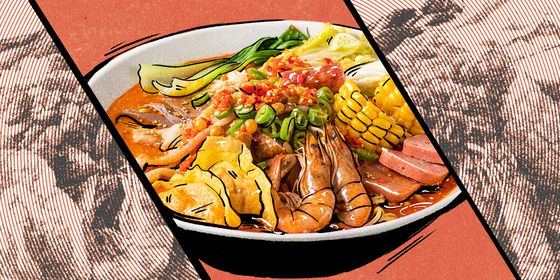Discover the infamous ”fishy-taste-grass” and other peculiar Chinese herbs and spices
“Close your eyes and imagine a fish tank that hasn’t been changed for a month and has moss growing in it. Then you scoop the water and pour it down the throat,” a netizen describes the peculiar taste of yuxingcao (鱼腥草, literally meaning “fishy-taste-grass”), a herb that repels some—but also has many a diehard fan in Sichuan, Yunnan, and Guizhou provinces.
Just like fish need water, the “fishy” herb also grows in a humid environment near mountain streams. According to traditional Chinese medicine, this herb is believed to reduce heat and inflammation, and even treat mouth ulcers. According to the poem “Yong Ji” (《咏蕺》) by Wang Shipeng (王十朋), written in the Southern Song dynasty (1127 – 1279), people in China already enjoyed this wild plant two thousand years ago.
While people in Sichuan and Yunnan prefer to eat the tender leaves, Guizhou locals enjoy the crisp roots of yuxingcao. “It tastes like summer after the rain,” one Guizhou resident writes on social media platform Xiaohongshu. “There is an earthy fragrance from the grass.”
Guizhou residents allegedly consume 30,000 tons of yuxingcao roots every day. If there were Oscars for Guizhou cuisine, the Best Supporting Actor award would probably go to yuxingcao because it seems to be everywhere: from stalls selling sticky rice in the morning to barbecue stands late at night.
In a Guizhou classic snack called siwawa (丝娃娃), over 10 colorful ingredients from radish to cucumber are shredded into slices and wrapped up in a thin rice pancake. A scoop of chili water mixed with yuxingcao roots adds to the flavor.
Imaginative Guizhou residents even mix yuxingcao into yogurt, bubble tea, and coffee. On Xiaohongshu, visitors to Guizhou take a special challenge: the yuxingcao drink. “Finish it now and you are a Guizhou resident,” goes a common marketing refrain for the beverage.
Yuxingcao is not the only herb in Guizhou that poses a challenge to diners. Nettles, or qianma (荨麻), are nicknamed “biting weed” or “scorpion weed,” and its stems and leaves are covered with long, thin spikes that cause a rash on the skin if touched. In keeping with the Chinese idiom “fight poison with poison,” the nettle leaves are traditionally believed to have detoxifying properties, even as an antidote for snake venom.













